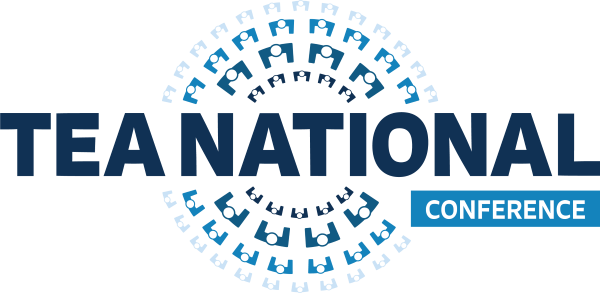The most common form of employee ownership in American is the employee stock ownership plan, or ESOP. A huge benefit of ESOPs—for employees and the larger community alike—is that they excel at preserving jobs.
When a company is sold to another business, it may be moved, merged with another firm, or shuttered entirely, resulting in the potential loss of some or even all the jobs in the business that was sold. The resulting loss of employment can have negative economic repercussions for the individuals and families directly involved, and for the local economy that will suffer a decline in the amount of available spending.
But when a firm is sold to an ESOP it must operate in a way that benefits the employees, making post-sale layoffs far less likely.
Fewer Layoffs
Employee owned companies are far more likely to retain employees—even during economic downturns—than conventionally-owned businesses, shows research funded by the Employee Ownership Foundation. The disparity between these two forms of ownership has grown steadily and dramatically over time, peaking in data reported in 2014.
In 2002, employee owned firms were 3.1 times less likely to lay off employees. In 2018, that gap had doubled with employee owned firms 6.2 times less likely to lay off employees.
Preserving Jobs in North Carolina
The North Carolina Justice Center found that one form of employee ownership in particular—employee stock ownership plans, or ESOPs—can be an excellent way to keep mature businesses running and employees employed.
“North Carolina is particularly reliant on older businesses,” the report found, noting that the percentage of the state’s businesses that are 15 years or older is twice the national average. These businesses may close when the owners retire if suitable buyers can’t be found, and that is a particular risk since many of these businesses are located in rural, less affluent areas where capital is limited.
“Compared to the traditional economic development incentive programs, expanding employee ownership is an incredible bargain,” the report found.
Preserving Jobs in New York
A report from the Advocate for New York City, Letitia James, found the City loses 2,220 jobs each year when owners of mature businesses retire. The reason: The owners can’t find buyers for their businesses. James wants to encourage more ESOPs as a way of keeping jobs in the City.
Retiring Early
Rob Zicaro, who retired after working for an ESOP company for many years, wrote the following in The ESOP Association’s blog on Oct. 24: “The financial benefits provided by my ESOP enabled me to retire seven earlier than I otherwise could have.”
Many employees had to delay retirement after the economic downturn of 2008 decimated their retirement accounts. Zicaro retired early, creating an opening for someone else at a stable company with a great retirement plan.
Enabling employees to retire on time, or even early, is a good jobs program.








